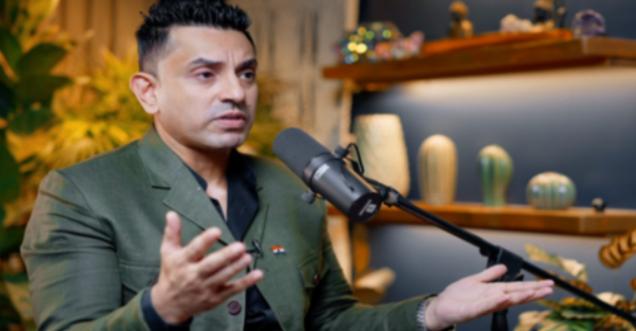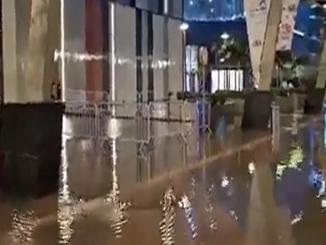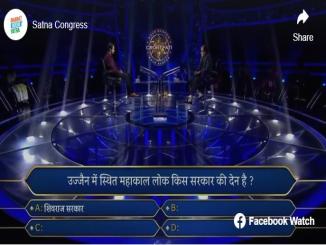
Poonawalla made allegations during the podcast and pushed the host to research them. According to him, ISRO scientists hadn't received pay in three months.
News Claim: On August 15, Tehseen Poonawalla, a prominent entrepreneur and political commentator who previously competed on Bigg Boss, made an appearance on an edition of "The Ranveer Show," a podcast presented by well-known podcaster and YouTuber Beerbiceps.
Poonawalla made allegations during the podcast and pushed the host to research them. According to him, ISRO scientists hadn't received pay in three months.
According to Poonawalla, salaries for ISRO scientists have not been paid for the last three months. "ISRO scientists haven't received salaries in three months," he said. However, this assertion is untrue. This assertion has a specific incident that occured in the context of Chandrayaan 3's launch in July 2023. According to reports, the public sector company Heavy Engineering Corporation (HEC), which employed the engineers for the project's launchpad, had financial issues and was unable to pay its employees for several months.
News Verification: Ranchi, Jharkhand is the location of HEC, a PSU that falls under the Ministry of Heavy Industries. For several years, the business has struggled financially, which has prevented it from paying its employees' salaries on time. This issue was incorrectly linked to ISRO scientists by media outlets, including some clickbait titles, leading to a misunderstanding that has since been spread.
According to PIB Fact Check, ISRO scientists actually get paid on the last day of the month.
.@tehseenp claims that ISRO scientists haven't received salaries for the last 3 months#PIBFactCheck
— PIB Fact Check (@PIBFactCheck) August 16, 2023
✔️This claim is #Fake
✔️@isro scientists get their monthly salary on last day of every month pic.twitter.com/RHa81wt2cy
News Verdict: Finally, Tehseen Poonawalla's assertions that ISRO scientists were not paid for three months are untrue and deceptive. The problem with the backlog in salary payments only affected HEC, not the ISRO scientists.



























